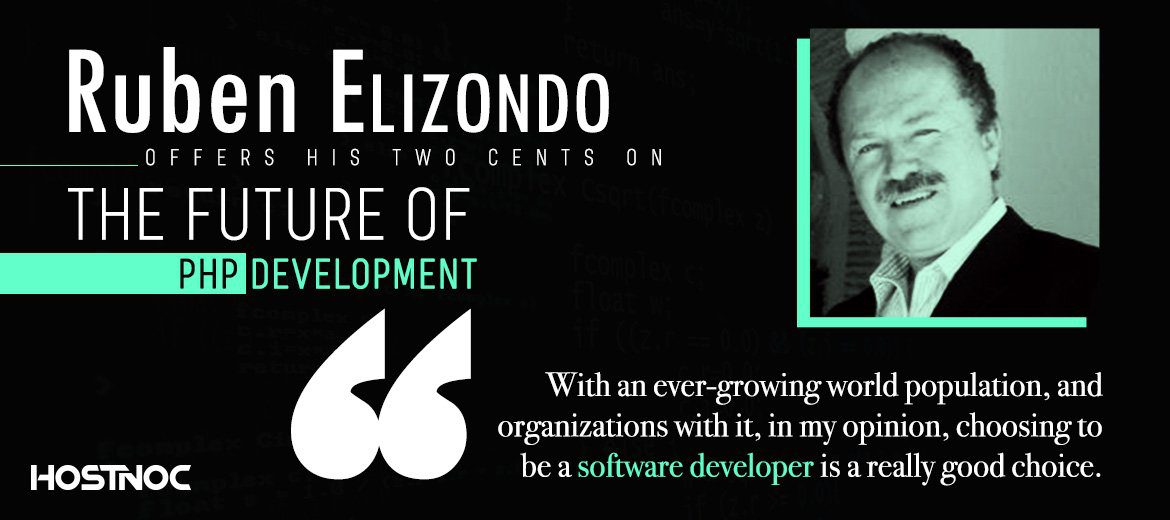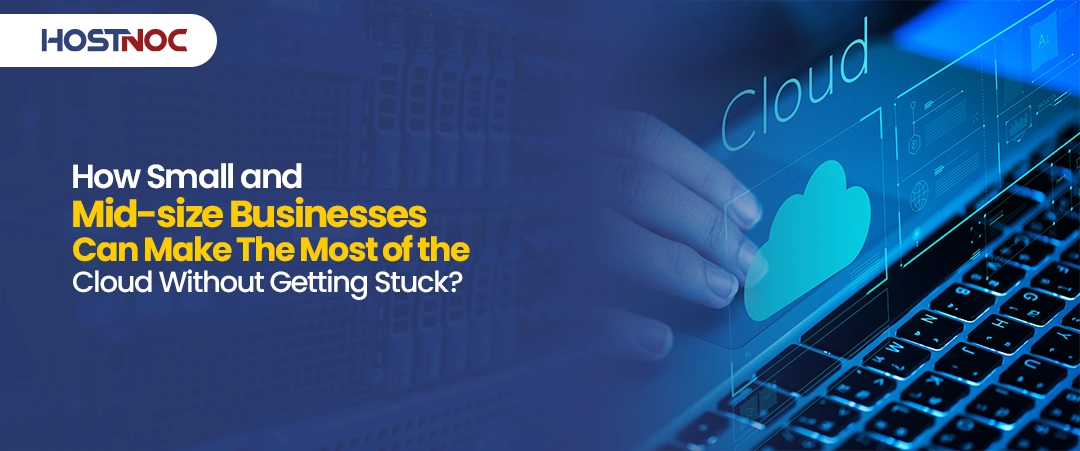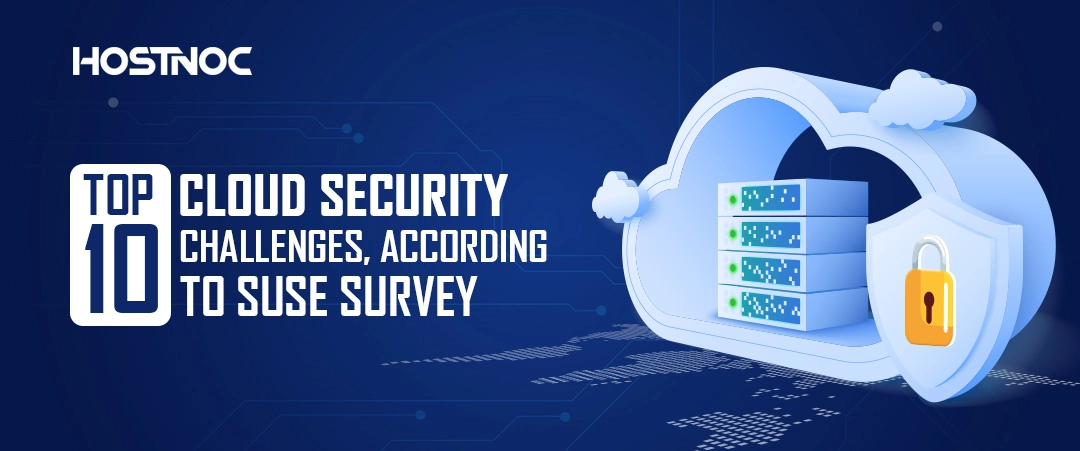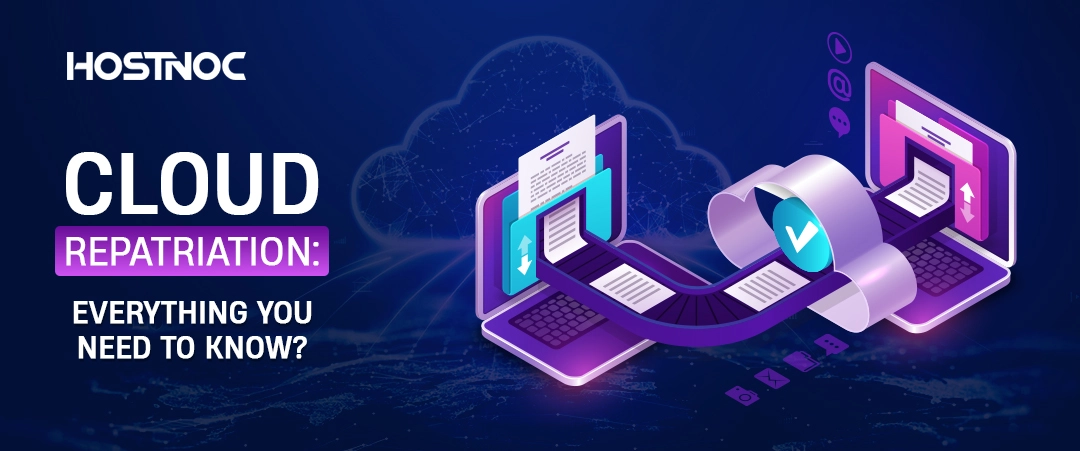Busting 7 Common Cloud Myths which could be Keeping you in the Dark

7 Steps to Safeguarding Your Website Against DDoS Attacks
March 27, 2019
Ruben Elizondo Offers His Two Cents On The Future Of PHP Development
April 15, 2019Cloud computing is one of the hottest topics in tech circles and cloud has become a buzzword. Despite all the hoopla surrounding cloud computing and its wider adoption in business world, there are myths that are prevalent in business world regarding cloud technology. In fact, most reservations businesses have about migrating to cloud stem from misconceptions, which need to be busted as old wives’ tales for what they are, before you make the switch. It’s not hard to come across individuals and businesses who want to jump on the cloud computing bandwagon without fully understanding what it really entails.
In this article, we will try busting some of the common cloud myths surrounding cloud computing so that you don’t believe in everything you hear about cloud.
- Migrating To Cloud Translates into No Control Over Your Data
A common misconception about cloud is that migrating your data to cloud distills down to handing over your data to your cloud provider. This means relinquishing all control over your data. This is a far cry from the truth. Even though you are storing your data on the cloud, it does not mean that you don’t have access to or control over your data. In fact, it is the other way round. You can access your data anytime, from anywhere with an internet-connected device. Furthermore, you can also enjoy full control over your data and manipulate it as per your needs.
- Cloud is Slow
If you are looking for top-of-the-line performance, cloud is not the right place to store and access your data. You might have heard this on countless occasions but it is not true. It all depends on the processing power, bandwidth, storage and memory. Some people are of the opinion that cloud can never match a dedicated server in terms of performance. Well it can, especially, if you acquire more hardware resources such as processing power, bandwidth and more cloud storage. The added advantage of accessibility puts cloud ahead as you can access your data from anywhere which is not possible with a dedicated server.
- All Cloud Services Are Similar
If you are looking for the best cloud service provider online, this could ring true, as most cloud providers make similar claims and offer similar services. In the real world however, this is not true as some cloud providers excel in some areas while others specialize in others. What separates one cloud provider from the other is usually the technical support, architectural solutions and customer support. The price war is heating up so expect to see cloud providers compete against one another and try to outdo each other on that front. Identify your business needs first and choose a cloud provider that offers you the best bang for your buck.
- Cloud Is Not as Secure As a Dedicated Server
Security has always been a major concern for cloud technology and has hindered its wider adoption for many years. Yes, there is no denying the fact that having your own dedicated servers on-premise is a secure option, but cloud is not far behind in terms of security either. In fact, you can establish a secure system with a cloud service much quicker and at a fraction of a cost. Meanwhile, if you are trying to do that with an on-premise server, you will have to pay a hefty price for it.
Today, cloud service providers offer encryption, audits and firewalls along with options for user rights and access management. Some of them even offer DDoS attack protection. This ensures that your sensitive data stays private and safe from prying eyes. Depending on your cloud provider, some of these services are included in the package while others can easily be purchased as a separate add-on.
- Cloud Services Are More Expensive
Yes, you might have to pay an arm and a leg for setting up a cloud infrastructure but once it is erected, it will serve you well. It is a one-time investment that will reap rich rewards in the future. Look at the big picture and it is much cheaper than even the best dedicated servers, especially if you factor in all the advantages cloud touts over dedicated servers. You don’t have to buy expensive hardware and software and won’t have to worry about maintenance with cloud. Cloud provider is responsible for everything, so you don’t have to hire a separate IT staff. By migrating to cloud, you can alleviate your operating expenses as well, as you don’t have to pay for business overheads.
- Cloud Implementation Takes Time
This might have been true a few years back, but not anymore. To make cloud adoption easier for businesses, many cloud providers are offering faster cloud implementation options. Some services are also offering quick migration capabilities. This means that businesses don’t have to wait for weeks and months to migrate the data from their legacy systems to the cloud. With efficient cloud solutions easily available these days, cloud implementation is no longer a hassle for businesses. Depending on the cloud provider, you will have to wait for a few days to a week at max for cloud implementation. With IT experts supervising and managing the entire process, you don’t have to worry about anything as they ensure a smoother transition from servers to the cloud.
- Everything Works Best On Cloud
Despite all the advantages of cloud, cloud is not a good option for everything. This is why it is important to assess your business needs first and create a feasibility report determining whether you should migrate to cloud or not. Even though cloud applications are growing rapidly, it is still not the best bet for older applications designed to run on dedicated servers. These legacy apps might have a torrid time running on the cloud and you are better off running them on the specific hardware they were made for if you want the best results.
Which cloud myths do you still believe in? Feel free to share it with us in the comments section below so we could try busting it.



